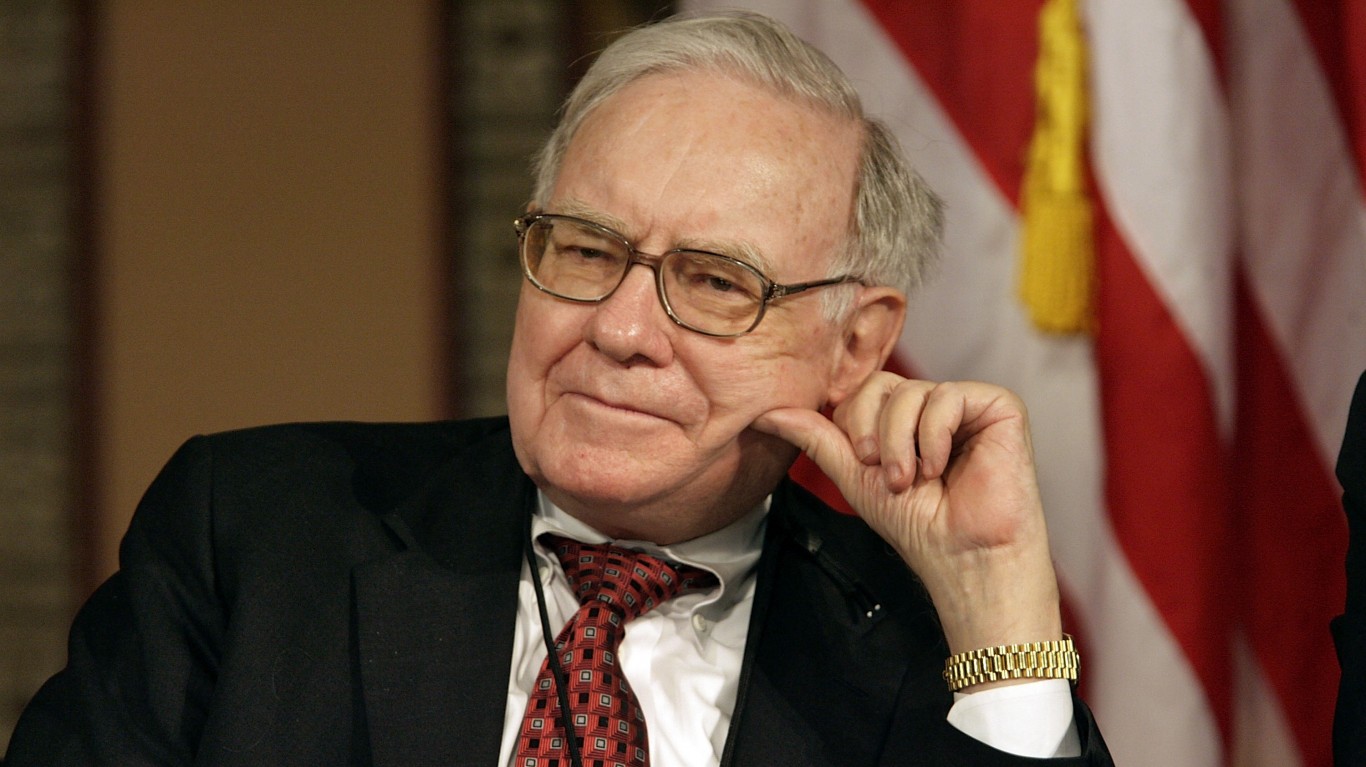Some of the top executives who left Web 2.0 companies recently went voluntarily, based on media reports. Others did not. Either way, several of these crippled corporations have to replace people who may be hard to replace, at least in a short time. Perhaps flawed managers are better than none as firms such as Facebook Inc. (NASDAQ: FB), Groupon Inc. (NASDAQ: GRPN) and Zynga Inc. (NASDAQ: ZNGA) fumble to build better management teams. Each of these companies has run out of time in terms of showing many on Wall St. that their financial prospects are viable long-term.
Most management experts agree that new executives need a period to settle into jobs. That has little to do with intelligence in most cases. It also may not have to do with skills. But there is undoubtedly a learning period that comes with any assignment.
Big Web 2.0 firms have bled managers rapidly. Bloomberg reports:
At least four Zynga Inc. managers have departed this month as the online game maker grapples with slowing growth and a slumping share price that lessens the value of compensation, people with knowledge of the matter said.
Zynga lost its chief operating officer, John Schappert, earlier this month
Reuters filed a story that claims:
Groupon Inc’s Lee Brown, who oversees the daily deal company’s national sales, has decided to leave, following other senior executives who left the company this year
Stories about the drain of sales executives at Groupon are posted in the press almost every day.
Facebook’s design manager, Ben Blumenfeld, resigned last month. So did Director of Product Management Carl Sjogreen. Both of these positions are considered essential to Facebook’s success.
One of the reasons that executives leave companies that have gone public recently is that, if share prices fall, they abandon the hope of quick wealth. In other cases, the opposite is true. Managers who received stock options at extremely low prices years before an IPO use the process of going public as a chance to cash in shares, which allows them to move on to new endeavors.
Of course, some executives have no choice in the matter of their departures. John Schappert was fired. As a long-serving member of the Groupon senior management, he may not have reached the goals set for him by the board. At the same time, whoever replaces him will face the challenge of learning a new job at a company that has floundered.
The exodus of executives at these companies is not over. The CFOs at Groupon and Facebook are under pressure for mistakes they made either keeping the books or handling IPO arrangements. As more of these corporations release weak earnings — and, based on forecasts, they will — some group of executives will take the blame.
Business schools often teach that one in three executives does well in a new job. Those odds are ugly at established companies. Among recent capsized IPOs, where departures have made replacements necessary, the odds get closer to impossible.
Douglas A. McIntyre
100 Million Americans Are Missing This Crucial Retirement Tool
The thought of burdening your family with a financial disaster is most Americans’ nightmare. However, recent studies show that over 100 million Americans still don’t have proper life insurance in the event they pass away.
Life insurance can bring peace of mind – ensuring your loved ones are safeguarded against unforeseen expenses and debts. With premiums often lower than expected and a variety of plans tailored to different life stages and health conditions, securing a policy is more accessible than ever.
A quick, no-obligation quote can provide valuable insight into what’s available and what might best suit your family’s needs. Life insurance is a simple step you can take today to help secure peace of mind for your loved ones tomorrow.
Click here to learn how to get a quote in just a few minutes.
Thank you for reading! Have some feedback for us?
Contact the 24/7 Wall St. editorial team.





